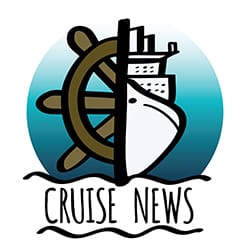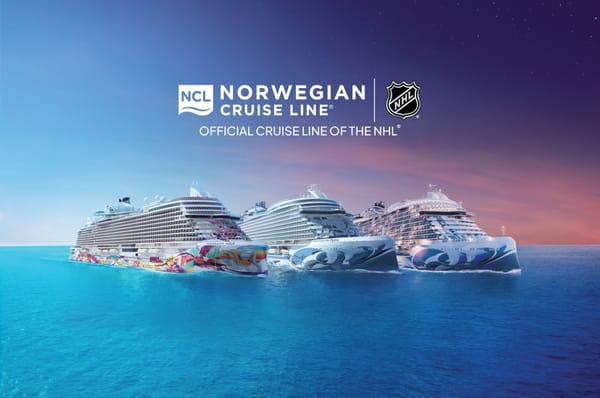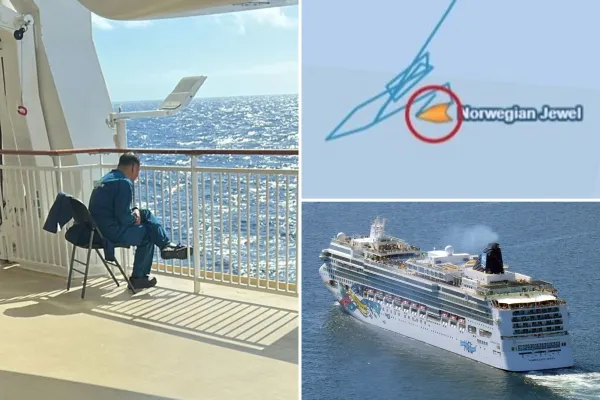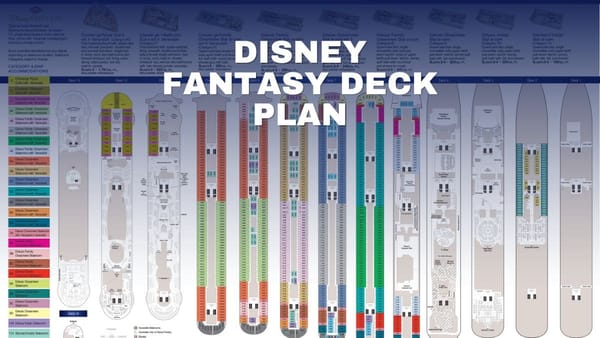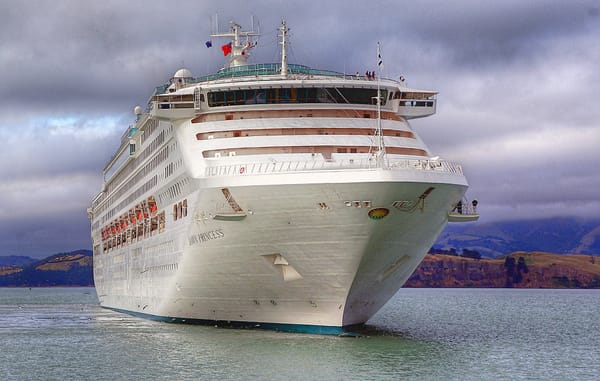CBP Seizes $60K in Illegal Cigarettes at Long Beach Cruise Terminal
CBP’s seizure underscores the ongoing challenges of tobacco smuggling at U.S. ports, highlighting enforcement efforts to protect public health and prevent tax evasion in the cruise industry.
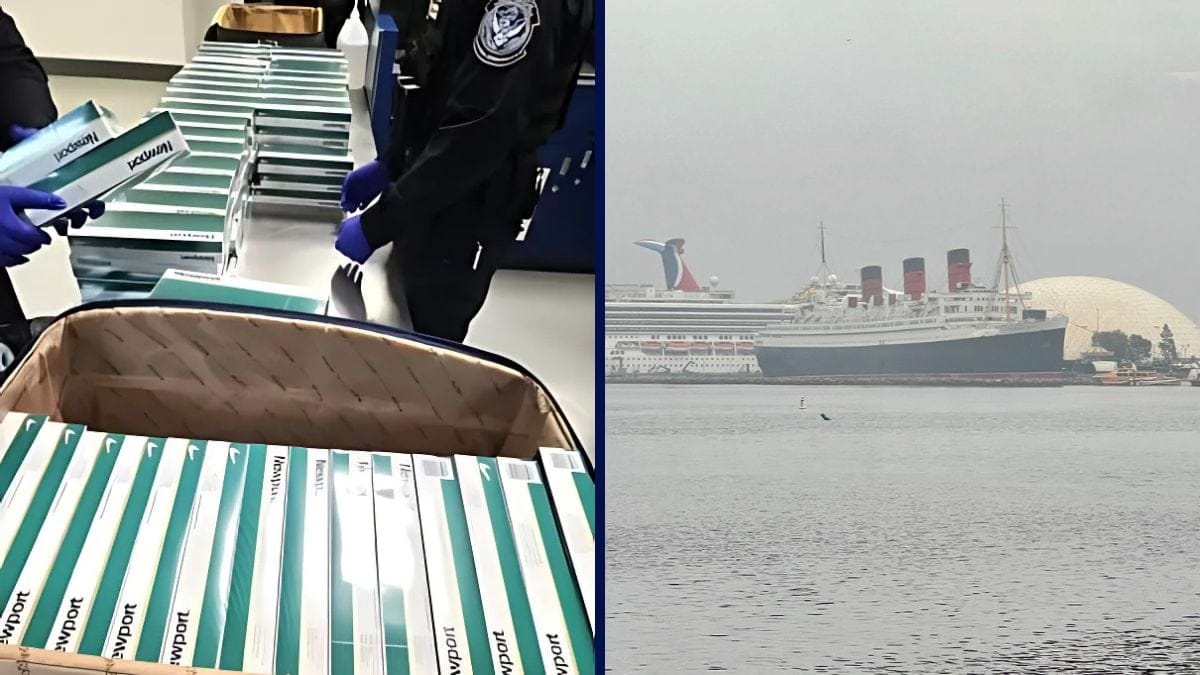
U.S. Customs and Border Protection (CBP) recently seized 749 cartons of cigarettes at the Long Beach Cruise Ship Terminal in California, uncovering the contraband in the luggage of two female passengers who had arrived on a cruise from Ensenada, Mexico. Officials reported the estimated street value of the haul at around $59,920, noting that the discovery was made on April 17 during a routine inspection of 10 pieces of luggage.
Discovery During Routine Inspection
CBP officers conducting standard baggage checks found hundreds of cigarette cartons, including:
- 326 cartons of Newport 100s
- 58 cartons of Newport regulars
- 112 cartons of Marlboro Red
- 43 cartons of Marlboro Silver
- 210 cartons of Marlboro Gold
Although the travelers produced purchase receipts, they lacked the required importer permits from the Alcohol and Tobacco Tax and Trade Bureau (TTB). Under U.S. law, quantities exceeding the personal-use threshold of 200 cigarettes typically classify as commercial imports, triggering additional labeling requirements by the Food and Drug Administration (FDA).
Regulation and Tax Evasion Concerns
Because tobacco products are subject to federal taxes and strict consumer safety rules, smuggling them poses significant legal and economic risks. Cheryl M. Davies, CBP Los Angeles Field Operations Director, emphasized, “Travelers who intentionally disregard U.S. importation laws often pay a high price.” Similarly, Africa R. Bell, Port Director of Los Angeles/Long Beach Seaport, noted, “Selling illegally imported cigarettes in the underground market could yield substantial profits,” highlighting how tax evasion undermines legitimate trade and depletes government revenue.
Enforcement Actions and Impacts
All seized cigarettes will be destroyed under CBP supervision. According to Bell, “All cartons will be destroyed under CBP supervision to protect American consumers and revenue.” The two passengers involved could face fines, confiscation of goods, and possible criminal charges for attempting to bypass U.S. import regulations. CBP has not disclosed any further details regarding their identities.
Authorities underscore the threat such illegal shipments pose to public health, as improperly labeled or counterfeit products may fail to meet safety standards. Enforcement efforts have intensified at ports across the country, and officials stress that compliance with import laws is paramount.
Cruise Line Cooperation
A spokesperson for Carnival Cruise Line stated, “Carnival Cruise Line fully cooperates with federal authorities to ensure the safety and compliance of all guests. We support CBP’s mission to enforce U.S. laws and prevent illicit activities onboard our vessels.” Some cruise lines have reportedly enforced stricter passenger policies, including lifetime bans for serious offenses, to deter smuggling.
This incident highlights the ongoing collaboration between CBP and cruise operators to deter contraband trade. Travelers are reminded to research and follow all relevant import regulations to avoid serious consequences.
Frequently Asked Questions (FAQs)
What are the rules for bringing tobacco into the United States?
Travelers are generally permitted to bring up to 200 cigarettes (or 100 cigars) for personal use without a permit. Anything beyond these personal-use limits is classified as a commercial shipment and requires an importer permit from the Alcohol and Tobacco Tax and Trade Bureau, along with FDA-compliant labeling.
What penalties do travelers face for smuggling tobacco?
Penalties can include fines, seizure of goods, and potentially criminal charges. Cruise operators may also impose their own sanctions, such as lifetime bans from future sailings.
How does CBP distinguish commercial shipments from personal imports?
Customs officials typically use volume thresholds to determine classification. Any quantity over 200 cigarettes or 100 cigars is considered commercial, requiring specific permits and labeling for legal entry.
What happens to seized tobacco products?
All confiscated tobacco products are destroyed under the supervision of CBP to prevent them from entering the U.S. marketplace and to protect public health and tax revenues.
How does illegal tobacco trade affect the U.S. economy?
Smuggling tobacco creates an underground market that bypasses tax obligations, undercuts legitimate businesses, and reduces government revenue. These illicit channels can also introduce non-compliant goods that pose safety concerns for consumers.
